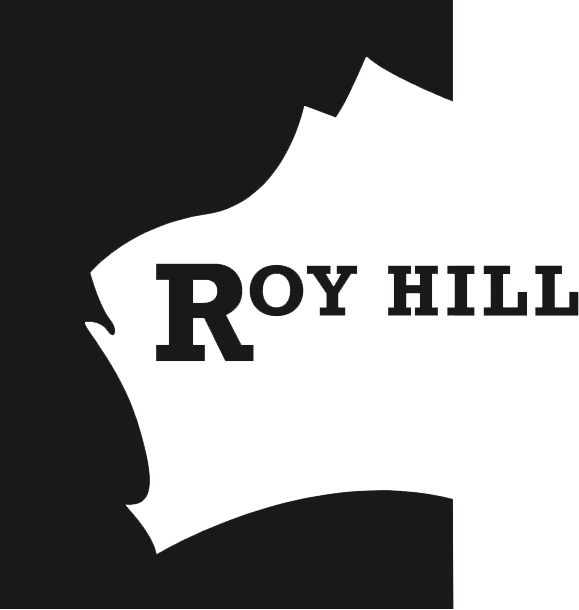News
News
HERITAGE LAWS ROLLOUT IS KEY TO ITS SUCCESS
19.06.2023
Guidelines for implementing the Aboriginal Cultural Heritage Act, coming into effect on July 1, are still not available, leaving West Australian farmers industry and property owners more confused than ever. You could be forgiven for not knowing anything about the State Government’s new Aboriginal Cultural Heritage Act, set to come into effect on July 1.It seems many didn’t. But before you dismiss it as something that doesn’t affect you, think again. It’s not just farmers, miners or industry groups affected by these changes.
Read moreAboriginal Cultural Heritage Act (2023) causing angst for farmers and miners
19.06.2023
WA LEGAL firms and mining companies have reacted to the imminent introduction of the Aboriginal Cultural Heritage Act (2023) by staging their own information sessions and creating online resources to inform farmers, pastoralists and mining interests about the impact of the new legislation on their activities. The act comes into effect on July 1 and has far-reaching implications for farmers and pastoralists, including the likelihood of higher penalties for breaches. The Pastoralists and Graziers’ Association of WA and WAFarmers oppose the new act and say it will be costly and time-consuming for farmers.
Read moreNew laws likely to ‘bring agriculture to a halt’ in State
19.06.2023
A respected WA pastoralist says her family will have to scrap years of planned works under the new Aboriginal Cultural Heritage Act, claiming the legislation will “bring agriculture to a halt”. The 2022 WA Rural Woman of the Year finalist said she was also concerned the legislation, while giving Aboriginal people more say in managing their cultural heritage, disregarded the multi-generational knowledge and connection to country many pastoralists have inherited. “We’ve had the place for five generations, so we are well aware of any cultural heritage on the property,” Ms Dowden told Countryman. “We would never disturb something of significance; we hold it as precious to our hearts as any Indigenous person would, and we never underestimate the value of that.
Read moreFarmers fear costly red tape could hamper tasks
19.06.2023
Farmers fear their ability to do basic tasks like fencing or deep ripping will become tangled in costly red tape when important new legislation designed to protect WA’s Aboriginal cultural heritage takes effect next month. The Aboriginal Cultural Heritage Act 2021 was passed through State Parliament in late December in the wake of Rio Tinto’s infamous blasting of Juukan Gorge more than two years earlier.
Read moreProviding skills to kids in the Pilbara
16.06.2023
Yandeyarra school children were treated to some hands-on bicycle maintenance and repair lessons.
Read moreRoy Hill celebrates ten years with key partners
14.06.2023
Roy Hill is celebrating a ten-year partnership with its financing and equity partners, POSCO, Marubeni and China Steel Corporation.The Roy Hill project is the only independent iron ore operation in the Pilbara with majority West Australian ownership. At the time in which the joint venture agreement was created, it made history as one of the most significant projects for its time.“Our partners and everyone who has been involved in Roy Hill can be extremely proud they have built Roy Hill from a project into one of the best mining companies in Australia.”
Read moreRoy Hill celebrates a decade
13.06.2023
“We are especially proud to lead the industry with our representation of women and our support for veterans. “Our partners and everyone who has been involved in Roy Hill can be extremely proud they have built Roy Hill from a project into one of the best mining companies in Australia,” said Rinehart. The mine is estimated to have made more than A$13-billion in net profits over the last two years, with the project already having paid off its A$10-billion debt in full.
Read moreRoy Hill | WA Day Drone Show
13.06.2023
Roy Hill were proud to sponsor the WA Day drone show, belatedly held in better weather on Monday evening. Mrs Rinehart was pleased to watch the show with some of the veterans who work across Hancock Prospecting.
Read moreRoy Hill celebrates a decade
12.06.2023
“It’s a mega project which at times we thought may not happen,” said Rinehart, who is the executive chairperson of Roy Hill. “We are very fortunate our partners proceeded to invest in our project. It represented a massive vote of confidence in our hardworking, then small executive teams. Since then, it has been a remarkable ten-year journey, one that many thousands of West Australians and Australians have contributed to, and which in turn has contributed to our state and country. “We are especially proud to lead the industry with our representation of women and our support for veterans.
Read moreBuilding stronger futures through positive partnerships
12.06.2023
Visit the website to learn more about Roy Hill's community partnerships.
Read more










